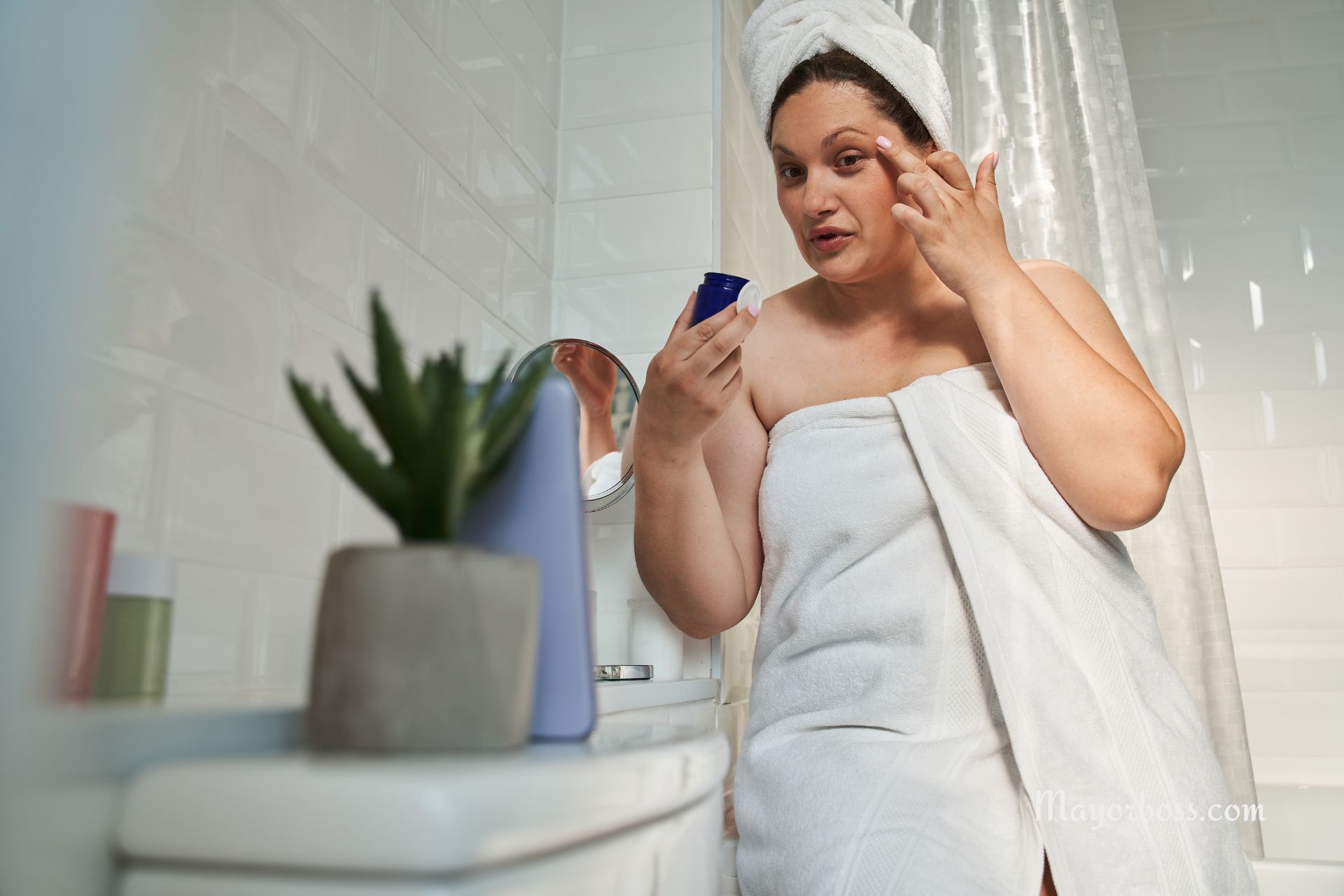3 Reasons You Should Be Showering Before Bed
A consistent evening shower routine can enhance relaxation, boost personal hygiene, and improve sleep quality. Many people overlook the simple act of showering before bed, but numerous research suggests it holds real benefits for overall well-being. I encourage you to consider how evening showers may help regulate body temperature, promote cleanliness, and settle your mind before sleep. Below are three key reasons to make showering part of your bedtime ritual.

1. Supports Healthier Sleep Patterns
Sleep is the cornerstone of good health. It is scientifically proven that poor sleep can weaken the immune system, affect mood, and reduce concentration. A warm shower in the evening can help your body transition from active daytime hours into restful night. Here is how:
Regulates Body Temperature When you step out of a warm shower, your body experiences a slight drop in temperature as the moisture evaporates. This decrease signals your brain that it is time for rest. The hormone melatonin, which controls your sleep-wake cycle, may rise in response to this shift in temperature. This can lead to falling asleep more quickly and staying asleep longer. For people who struggle with insomnia or wake up often at night, an evening shower may be a simple way to support natural sleep rhythms.
Relaxes Muscles Warm water can ease muscle tension built up during daily activities. Tight muscles often contribute to discomfort and restlessness at night. By loosening tight areas, you allow your body to relax and settle more easily. The sensation of warm water on your skin can also reduce feelings of stress, promoting a calmer mindset. After the shower, muscles feel lighter, and you are more likely to slip into a comfortable sleep state.
2. Improves Hygiene
During your daily routine, your skin, hair, and clothes collect sweat, bacteria, allergens, and even pollutants from the environment. If left on your skin overnight, these substances can cause irritation, itching, or clogged pores. Here is why showering before bed promotes better hygiene:
Removes Dirt and Pollutants Taking a shower before bed ensures you wash off the grime that accumulates from public transportation, office spaces, workouts, or outdoor activities. Rinsing away sweat and bacteria helps maintain healthier skin. This also reduces any unpleasant odors that might linger if you wait to shower until morning.
Prevents Breakouts Bacteria and oil buildup are common causes of acne and other skin issues. Showering at night can clear your pores by removing the day’s sweat and oil. This step is especially important if you wear makeup or use hair products that can transfer to your pillows. Clean skin has a better chance of remaining smooth and free from irritation.
Cleaner Bedding If you go to bed without washing off the day’s residue, some of that dirt transfers to your sheets. Over time, your bedding may harbor germs that increase your risk of skin problems. By going to bed clean, you help keep your sheets fresher for a longer period, which benefits both your comfort and your hygiene.
3. Reduces Stress and Promotes Relaxation
In addition to supporting better sleep and hygiene, an evening shower can also help you cope with mental or emotional tension. Stress can disrupt sleep and lead to physical discomfort, but a quick soak under warm water can make a notable difference:
Eases Mental Load A bedtime shower provides a quiet moment to decompress. Take this opportunity to reflect or meditate while letting warm water flow over your skin. This small break in the day can help you feel more composed, allowing worries to fade. As your heart rate slows, you may notice a drop in anxiety levels, preparing you for a smoother transition to sleep.
Creates a Soothing Routine Routines have a grounding effect on mental health. By showering each night, you develop a familiar pattern that helps signal your body it is time for rest. Over time, this ritual can train your brain to expect relaxation and calm feelings once you step into the shower. Consistency in your nightly routine promotes mental stability and a sense of control over your schedule.
Tips for an Effective Nighttime Shower
- Use Warm, Not Hot Water: Extremely hot water can dry out your skin and strip its natural oils. Aim for warm or mildly hot water to reap the benefits without irritation.
- Keep It Brief: Prolonged showers can dry out your skin. Ten to fifteen minutes is often enough to relax muscles and cleanse effectively.
- Choose Gentle Cleansers: Mild soaps or body washes maintain the skin’s natural moisture barrier.
- Moisturize After: Apply lotion or cream right after drying off to lock in moisture. This practice helps prevent skin dryness.
- Consider Aromatherapy: Lightly scented shower gels or essential oils, such as lavender or chamomile, can enhance relaxation. Make sure you do not have allergies or skin sensitivities.
Takeaway
Showering before bed is a simple and helpful way to support your overall health. It can help regulate body temperature for better sleep, maintain cleanliness for healthier skin, and reduce stress to promote relaxation. By including an evening shower in your nightly schedule, you create a structured, comforting routine that benefits both body and mind. Over time, you may see improvements in how quickly you fall asleep, how well you stay asleep, and how refreshed you feel in the morning. When approached with consistency, showering before bedtime can serve as a valuable tool in your self-care routine, guiding you toward deeper rest and greater well-being.
